AeroGenie — Your Intelligent Copilot.
Trending
Categories
Aviation Software Market Outlook Through 2032
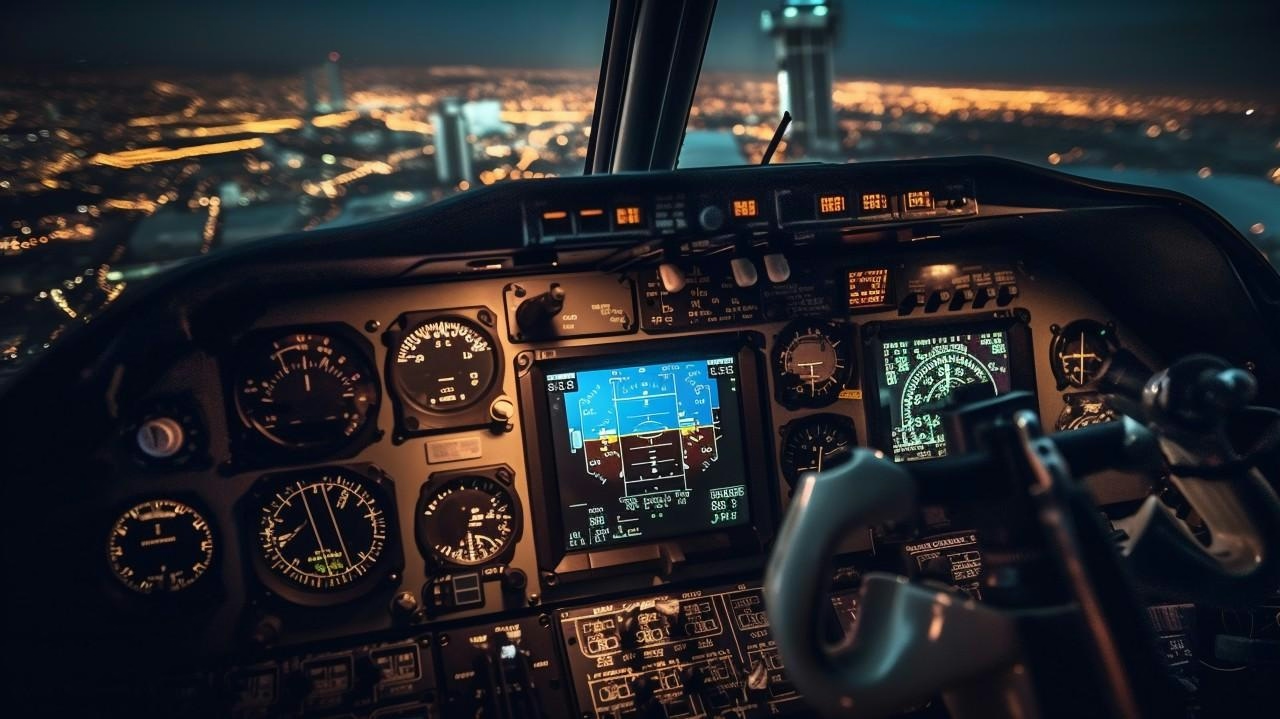
Aviation Software Market Outlook Through 2032
The global aviation software market is undergoing significant expansion, with its valuation reaching USD 9.00 billion in 2023. Forecasts project the market to grow from USD 10.50 billion in 2024 to USD 19.50 billion by 2032, representing a compound annual growth rate (CAGR) of 6.72% between 2025 and 2032. This growth is driven by the aviation sector’s increasing emphasis on operational efficiency, safety enhancements, and digital transformation initiatives.
Drivers of Market Growth
Airlines and airports worldwide are progressively adopting advanced software solutions aimed at cost reduction, streamlined flight management, and improved passenger experiences. The surge in global air travel, expansion of aircraft fleets, and the growing necessity for real-time data analysis in maintenance, repair, and operations (MRO), as well as flight planning, are key factors propelling market growth. A notable trend is the transition toward cloud-based software, which offers scalability, flexibility, and cost efficiencies. Leading industry players such as Airbus SE, Boeing, Honeywell International Inc., and SAP SE are actively competing by providing integrated software suites that cover a broad spectrum of functions, including crew scheduling and air traffic control.
The Role of Artificial Intelligence
Artificial Intelligence (AI) is emerging as a transformative element within the aviation software landscape. AI-powered systems facilitate predictive maintenance, optimize flight routes, and enhance passenger services by processing extensive data streams from aircraft sensors, weather forecasts, and operational logs. This capability enables airlines to anticipate equipment failures, thereby reducing unscheduled groundings and associated costs. The resulting improvements contribute to minimizing delays, lowering fuel consumption, and reducing CO2 emissions. AI-driven virtual assistants and personalized booking platforms are further elevating customer service standards, while real-time anomaly detection strengthens security and air traffic management. Lufthansa Technik’s AVIATAR platform exemplifies the application of AI in identifying maintenance issues before they escalate.
Challenges and Market Dynamics
Despite promising opportunities, the aviation software market faces several challenges. Intensified competition compels software providers to innovate rapidly and differentiate their offerings. The evolving regulatory environment demands continuous compliance adaptations, placing additional pressure on providers to deliver solutions that enhance efficiency and safety while keeping pace with technological advancements. In response, companies are adopting aggressive pricing strategies, forging strategic partnerships, and investing heavily in research and development to sustain their market positions.
Furthermore, shifting industry requirements for more tailored and integrated software functionalities are influencing market dynamics. Airlines and airports increasingly seek customized solutions, necessitating agility and responsiveness from software vendors.
Market Segmentation and Outlook
The aviation software market is segmented by technology, operation, application, software type, and region. Key technology segments include security systems, communication systems, passenger, cargo and baggage handling, and air traffic control (ATC). Among these, MRO software currently represents the largest segment, while simulation software is experiencing the fastest growth.
As the aviation industry continues to evolve, the demand for innovative, efficient, and secure software solutions is expected to remain robust, underpinning a positive market outlook through 2032.
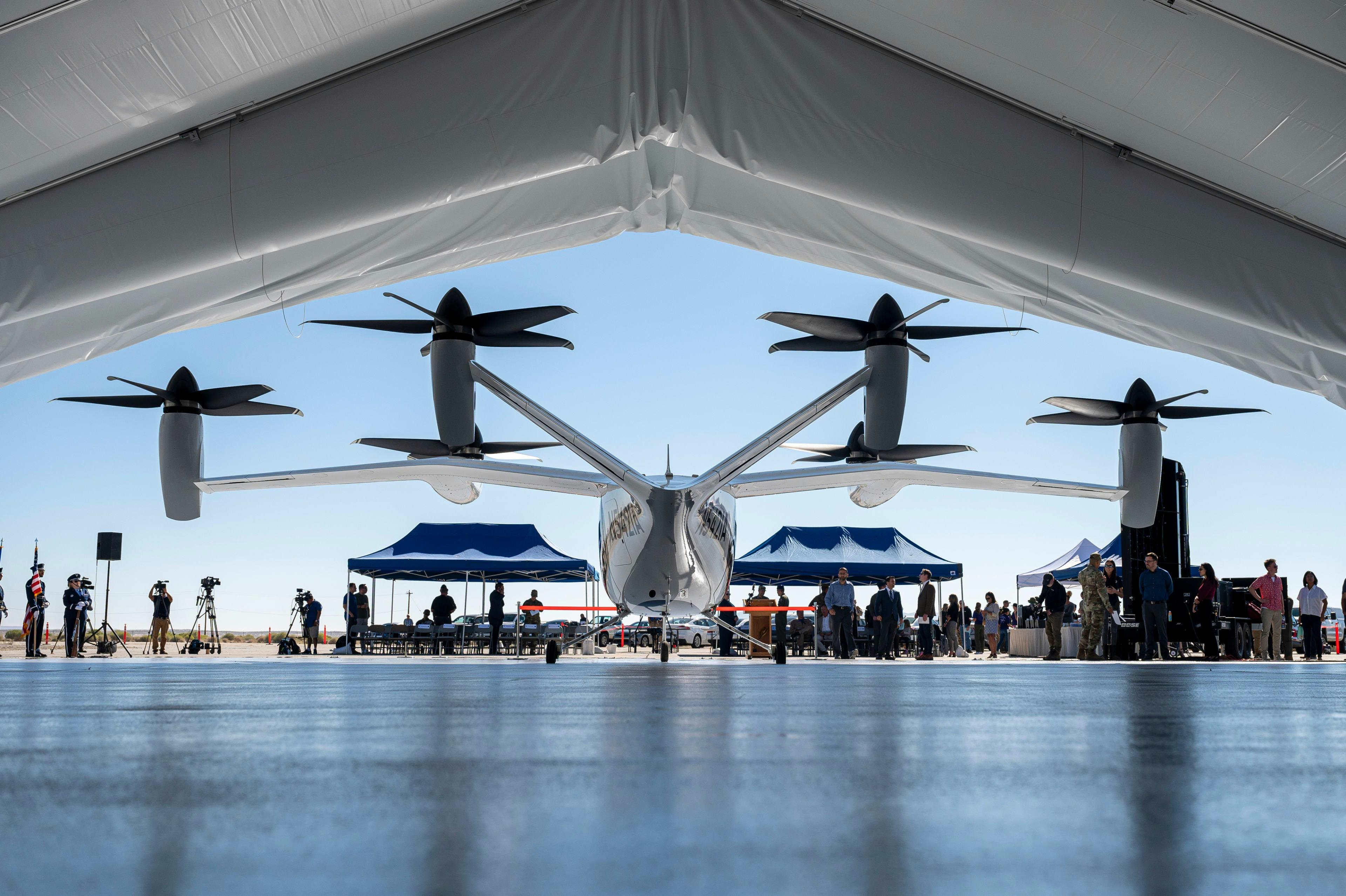
Cathie Wood Increases Investment in Air-Taxi Stocks
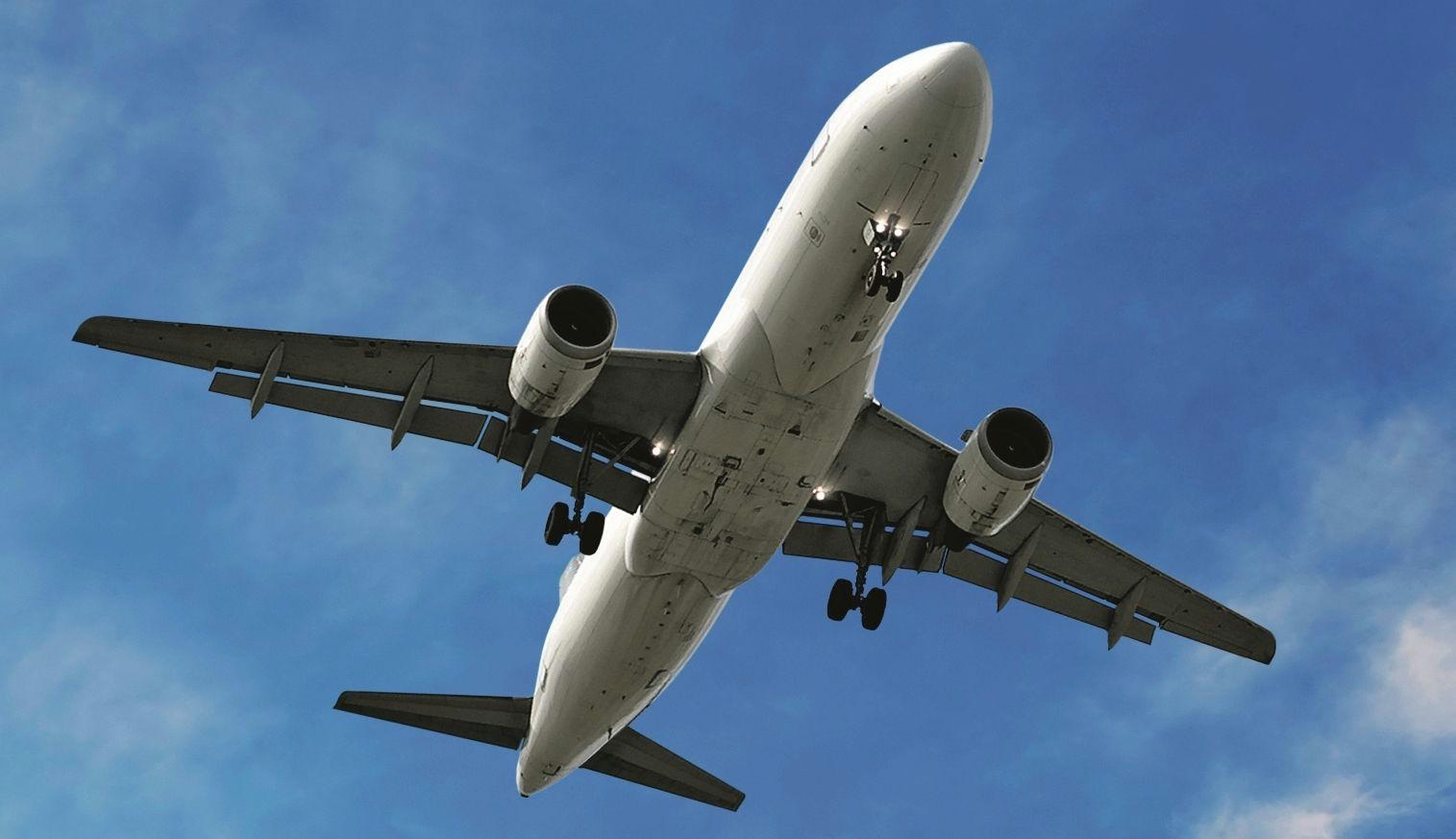
Airlines Face Fundamental Technology Challenges, Not Just AI Issues
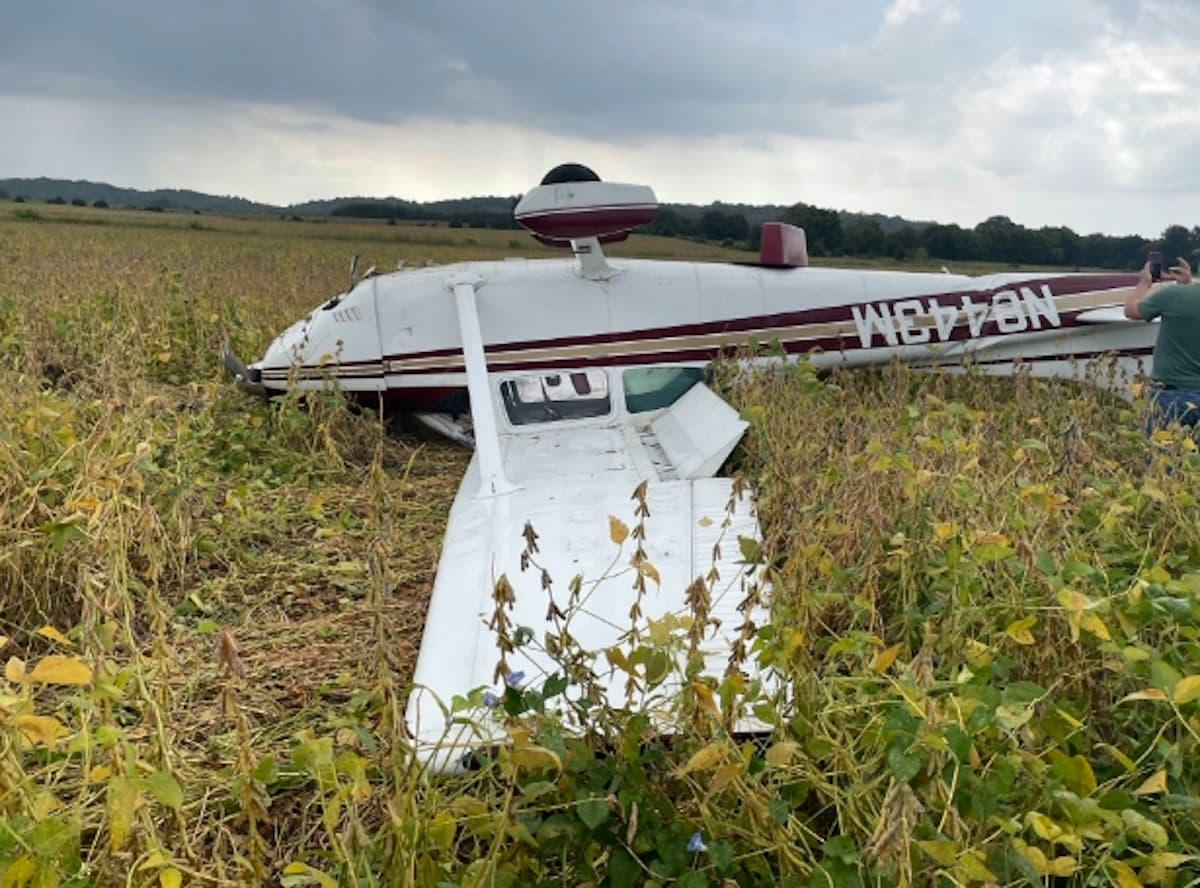
Crankshaft Fatigue Causes Emergency Landing
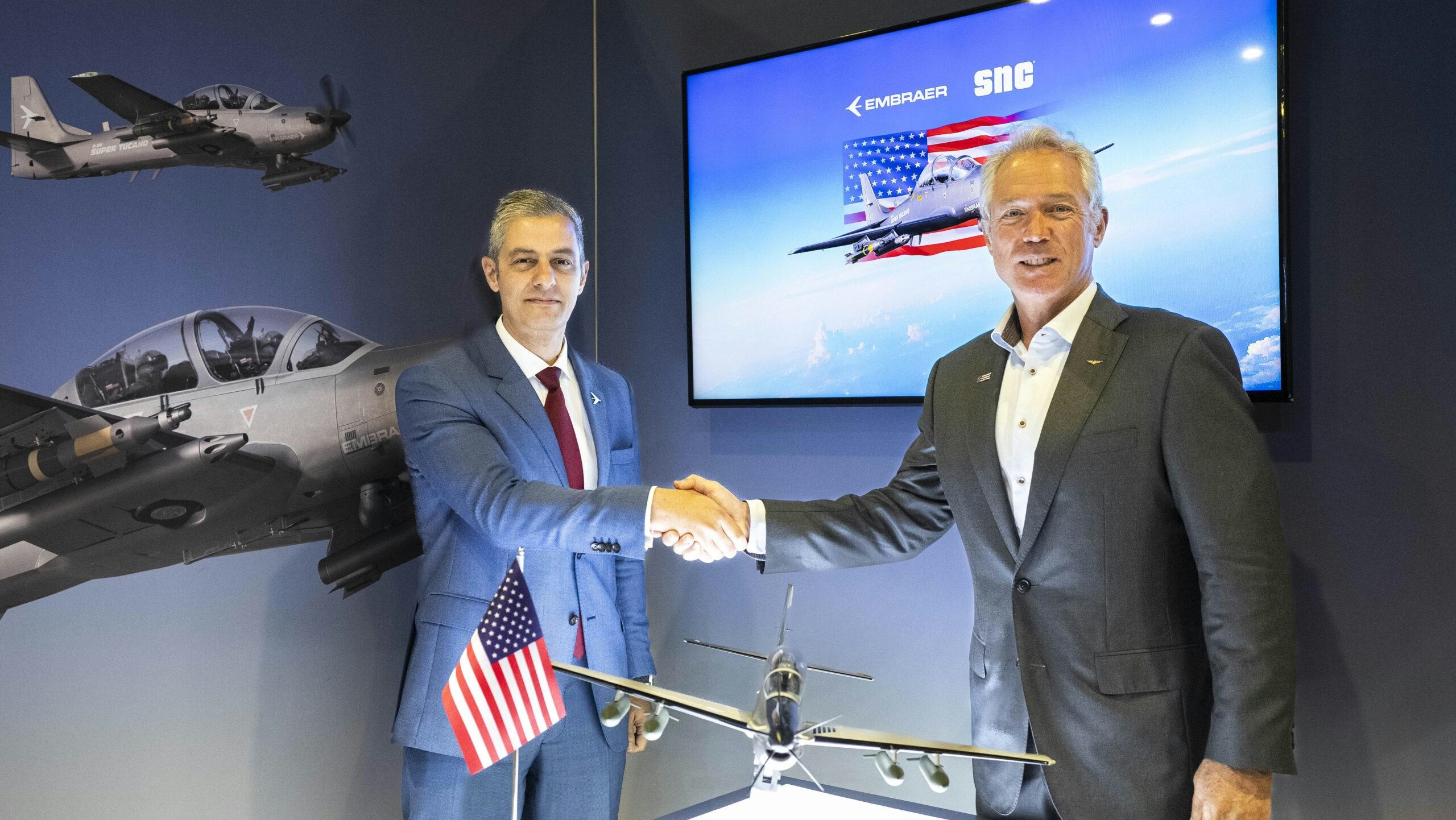
Embraer Integrates AI-Based Counter-Drone System into A-29 Super Tucano
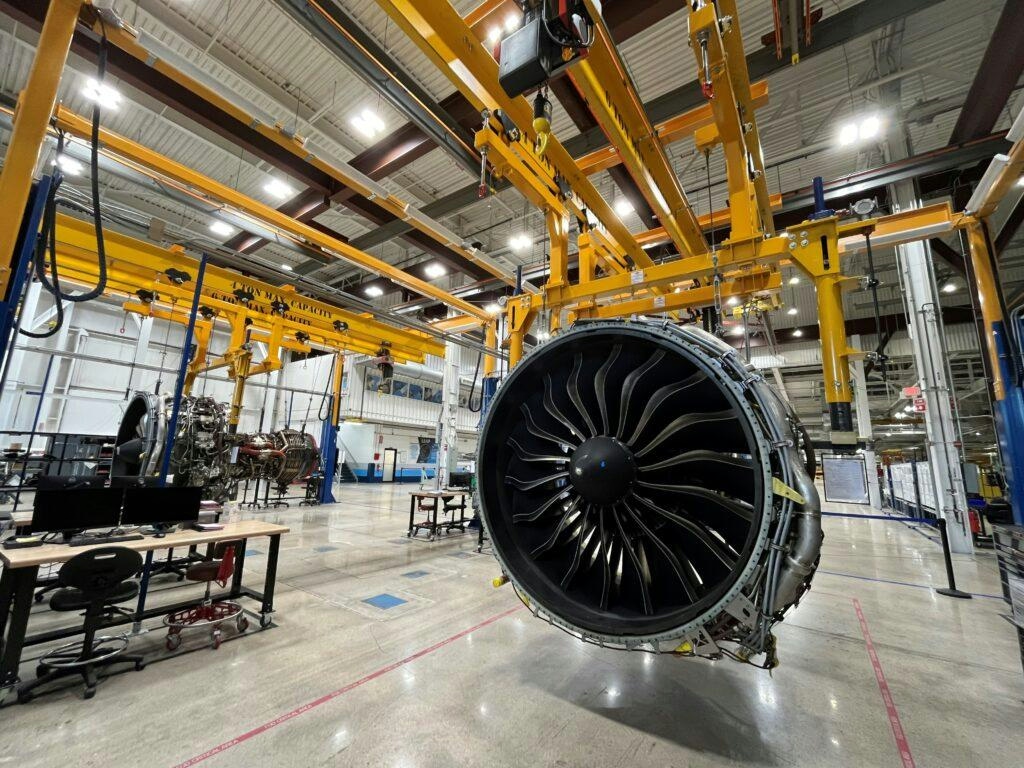
Standardaero and Avilease Sign Agreement for LEAP and CFM56-7B MRO Services
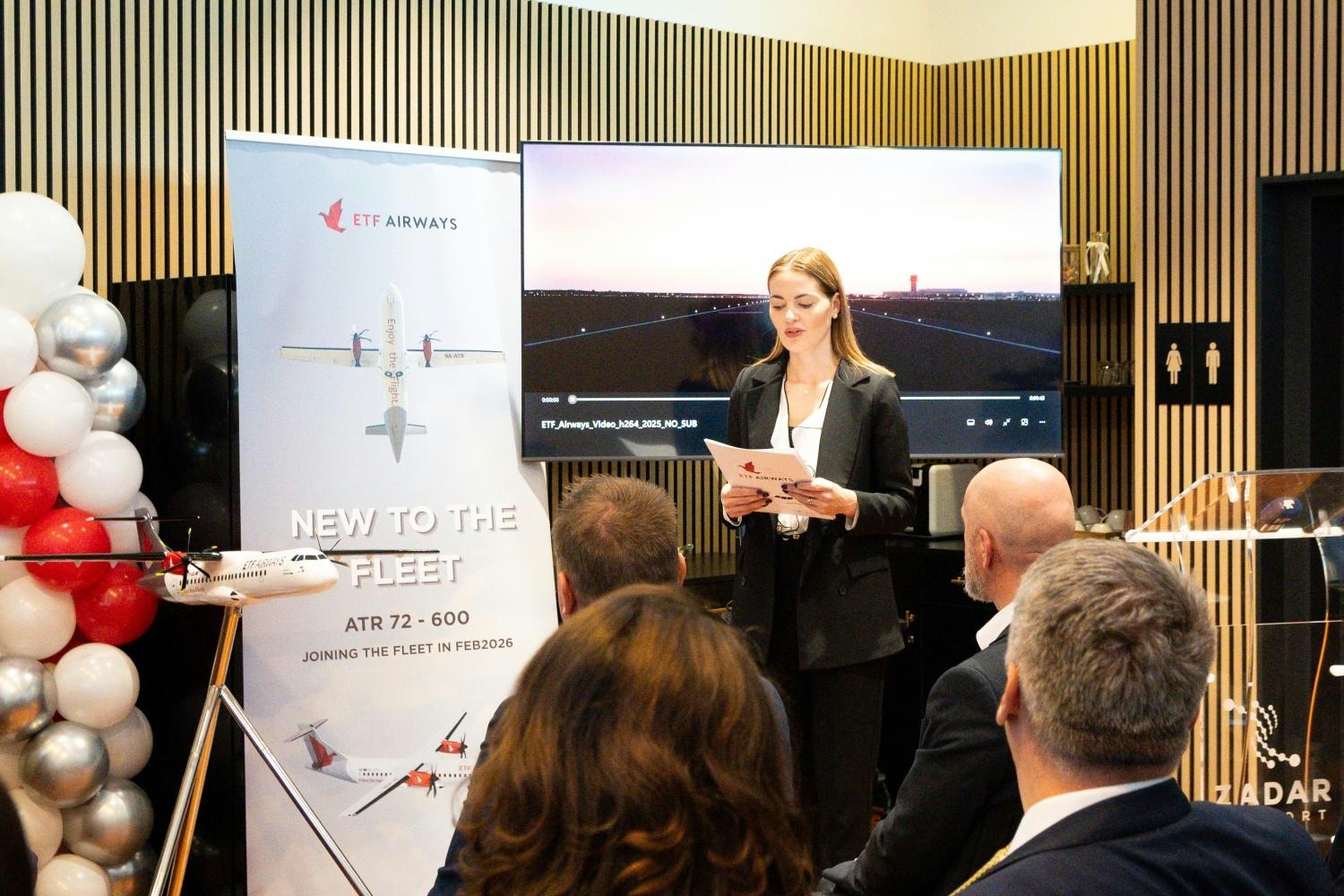
ETF Airways to Receive First ATR Aircraft
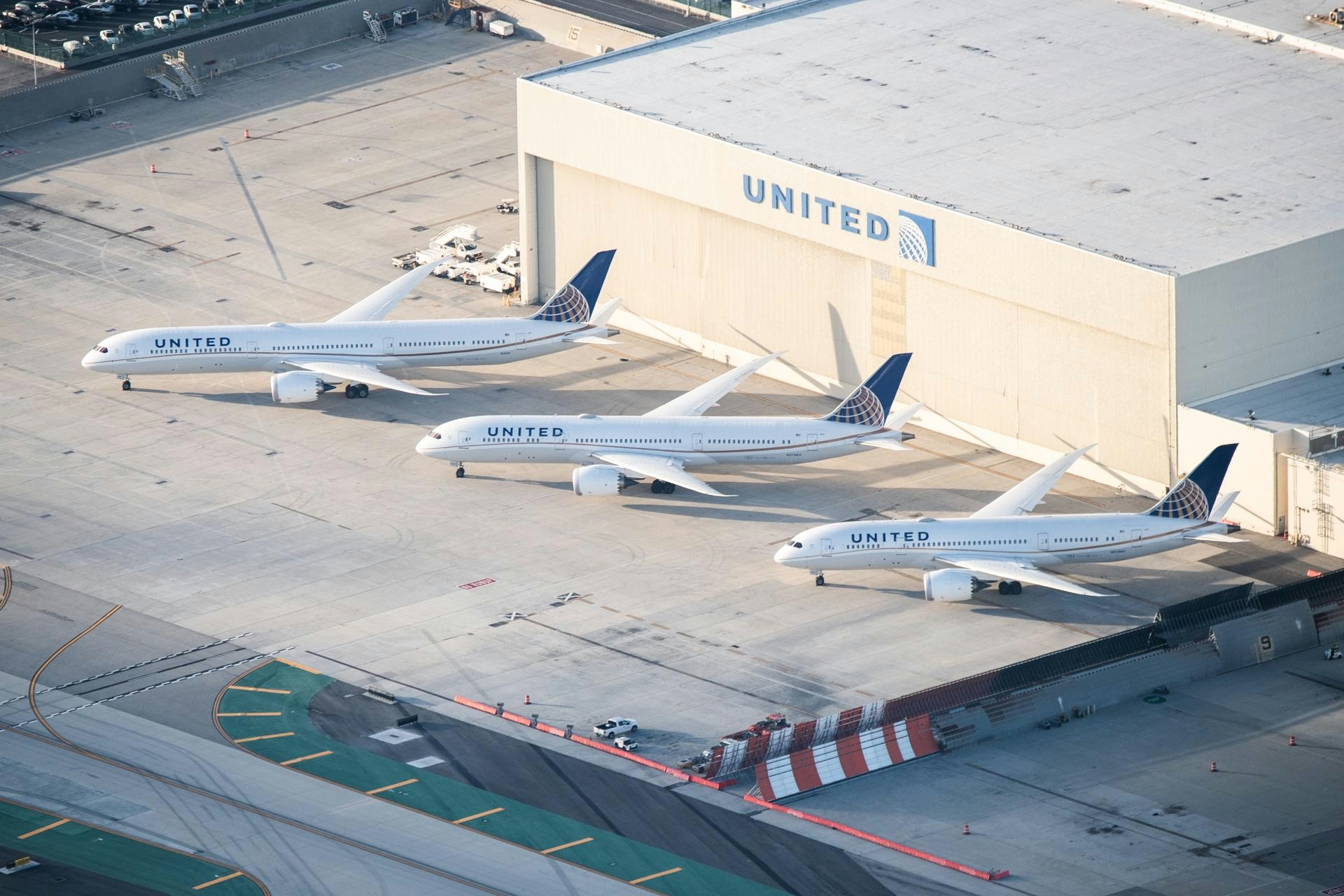
Range Comparison Between Boeing 787-9 and 787-10 Dreamliner
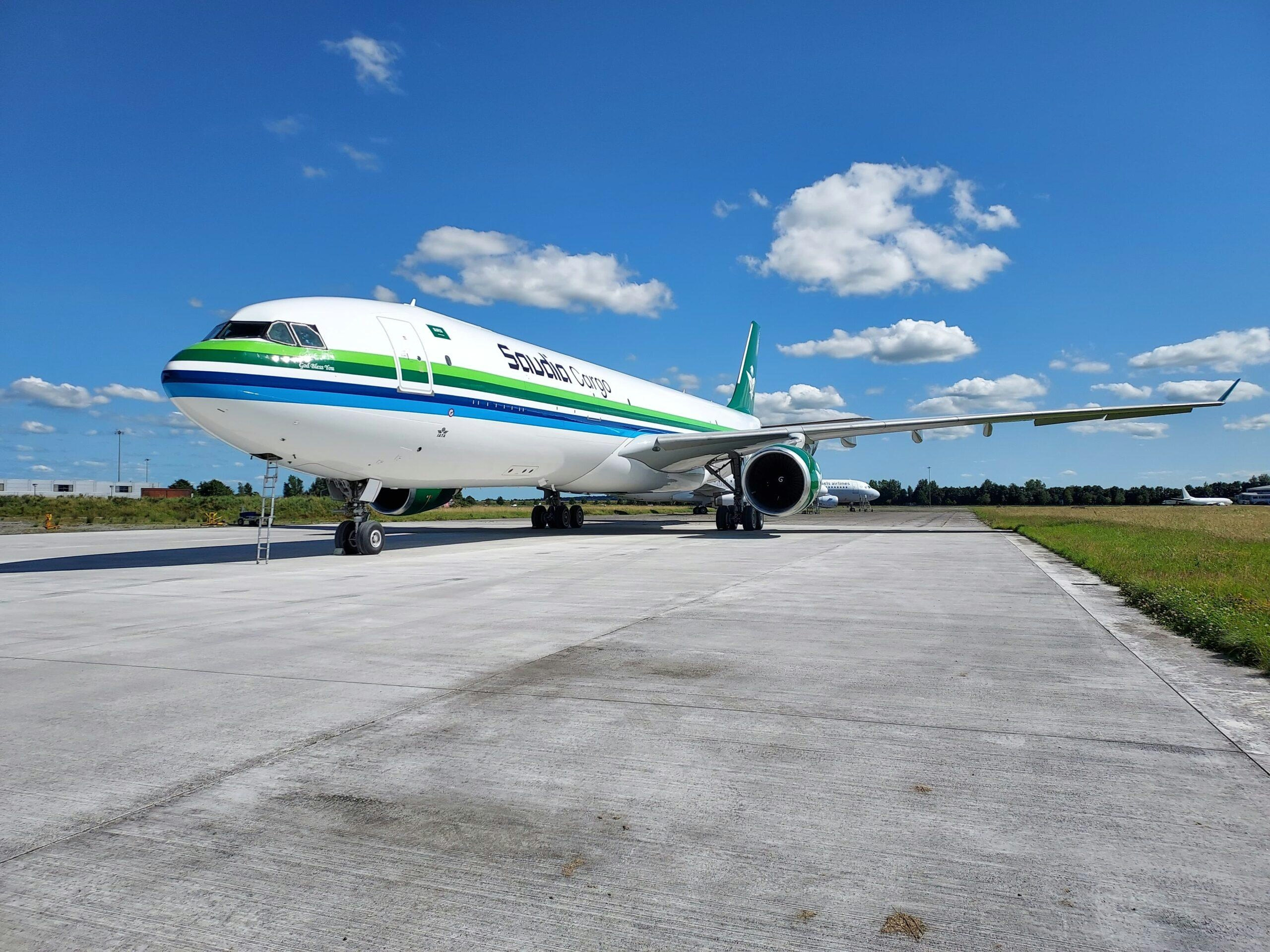
AJW Group Renews Partnership with ASL Aviation to Support A330ceo Fleet
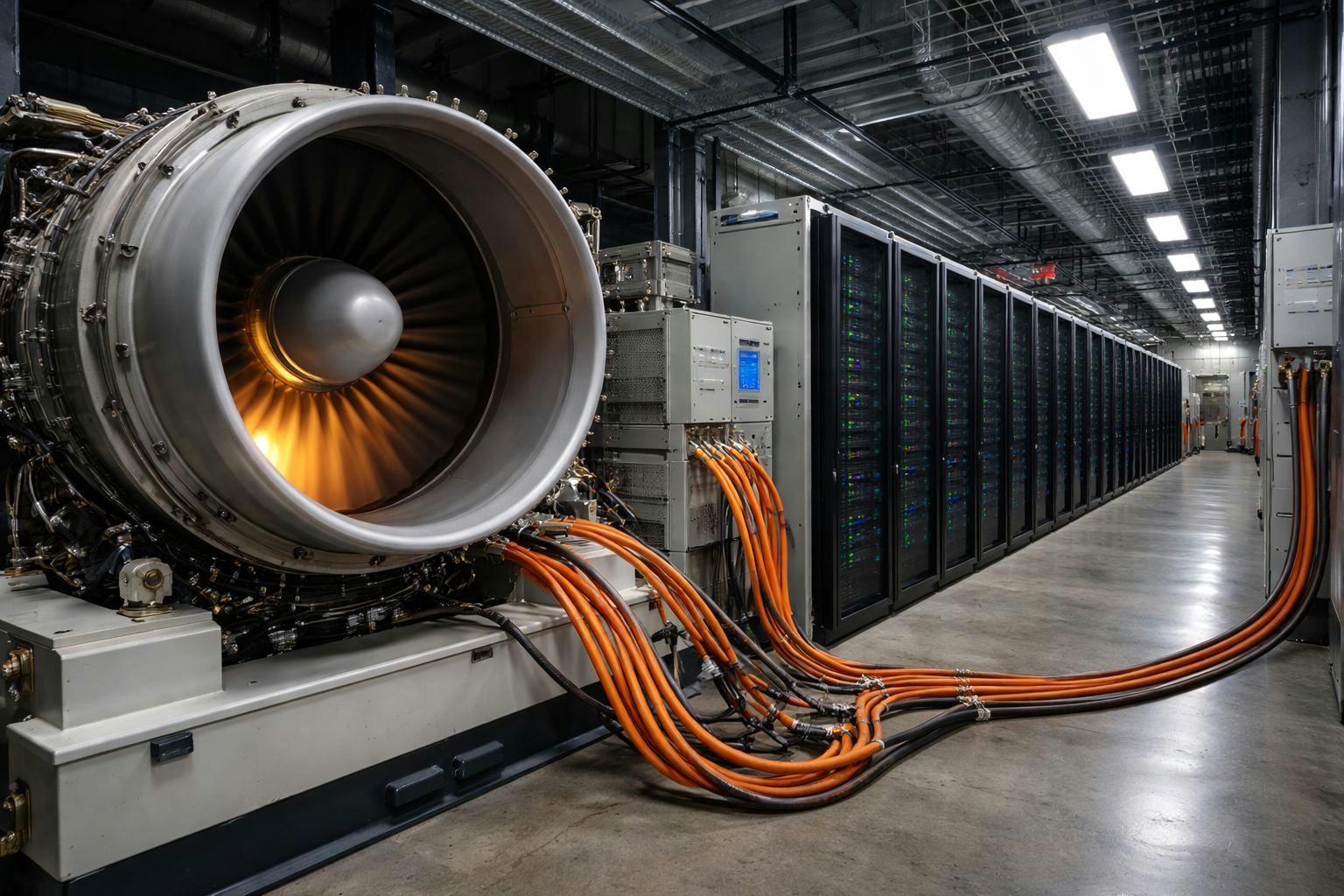
Could AI Cause a Jet Engine Shortage Similar to the Chip Crisis?

Joint Statement from UK Space Agency, MHRA, Regulatory Innovation Office, and Civil Aviation Authority
